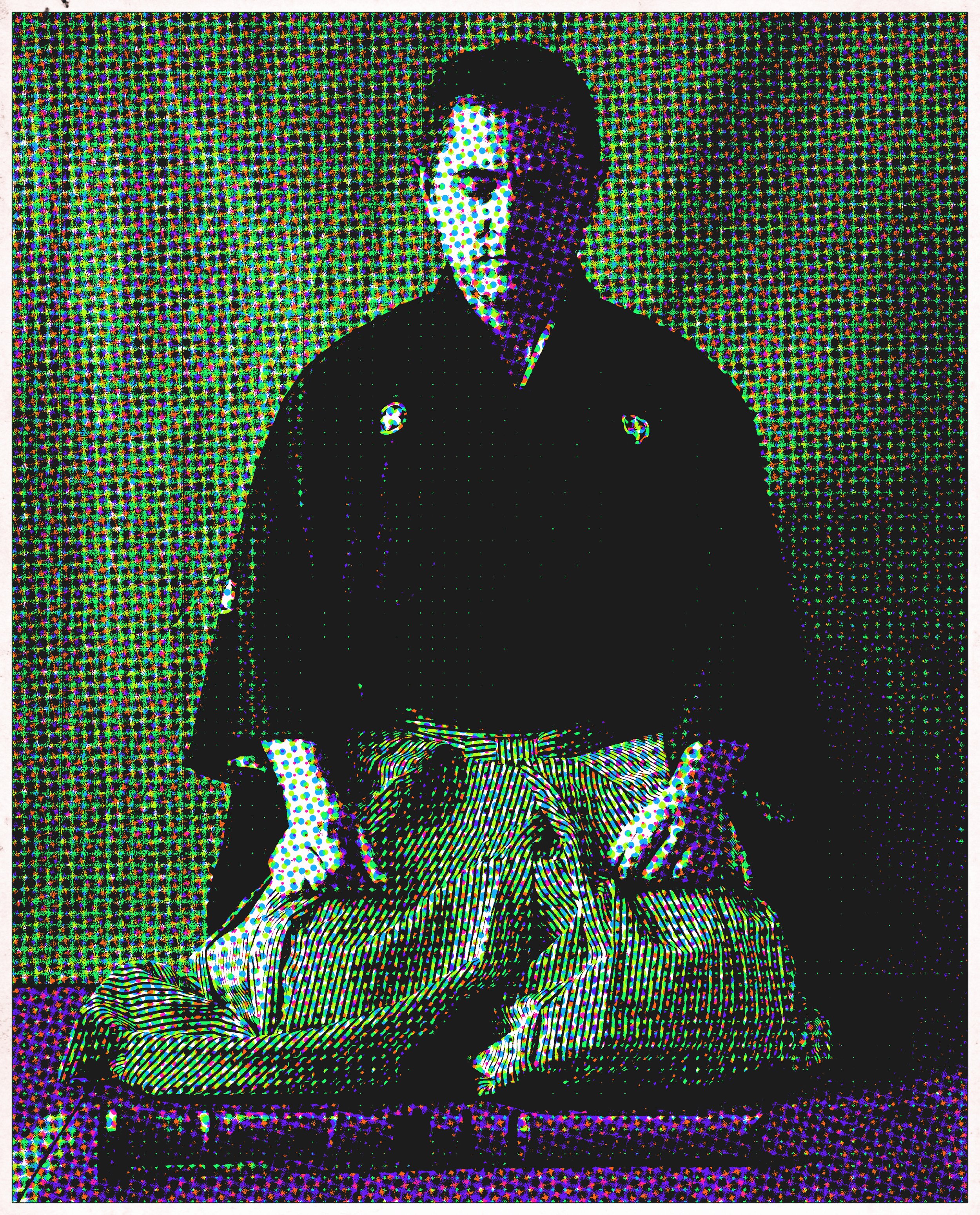SHALL WE PLAY A GAME?
Stick with me while we try a bit of an experiment here. Read (or skim) the text in bold; my thoughts to follow…
Title: Exploring the Enchanting World of Shakuhachi: A Journey Through Japanese Bamboo Flute Music
Introduction:
The world of music is a vast and diverse tapestry, with each culture contributing its unique thread. One such enchanting thread is the shakuhachi, a traditional Japanese bamboo flute that has captivated listeners for centuries. In this blog post, we embark on a journey to explore the rich history, cultural significance, and soul-stirring melodies of the shakuhachi.
Origins and History:
The shakuhachi's origins can be traced back to ancient China, where it was initially introduced as a meditation tool by Buddhist monks. Over time, it found its way to Japan, evolving into a distinctive instrument with its own unique characteristics. Traditionally made from the root end of bamboo, the shakuhachi is known for its simple yet elegant design, reflecting the Zen philosophy of simplicity and mindfulness.
Cultural Significance:
Beyond its musical prowess, the shakuhachi holds deep cultural significance in Japan. Historically associated with the Fuke sect of Zen Buddhism, the flute became a symbol of spiritual enlightenment and meditation. The Fuke monks used the shakuhachi as a means of self-discovery and a path to connect with the divine. Today, the shakuhachi continues to be a symbol of introspection and tranquility.
Playing Techniques:
The shakuhachi's unique playing techniques contribute to its distinct sound. Unlike Western flutes, the shakuhachi has only five finger holes and no keys. This simplicity allows for a wide range of expressive techniques, including various fingerings, breath control, and subtle use of pitch bends. The result is a hauntingly beautiful sound that resonates with the listener's emotions.
Repertoire and Genres:
The shakuhachi has a diverse repertoire that spans traditional Japanese music, classical compositions, and contemporary pieces. One of the most well-known genres is honkyoku, a collection of solo pieces passed down through the centuries. These compositions often reflect the natural world and are imbued with a meditative quality. In addition to traditional music, modern composers and musicians have embraced the shakuhachi, incorporating it into various genres such as jazz, world music, and experimental compositions.
Notable Players and Performances:
Throughout history, several shakuhachi masters have left an indelible mark on the instrument's legacy. Names like Watazumi Doso Roshi, Yokoyama Katsuya, and Aoki Reibo have become synonymous with shakuhachi virtuosity. Their performances showcase the instrument's versatility and the ability to evoke a wide range of emotions.
Conclusion:
In the realm of musical instruments, the shakuhachi stands as a testament to the beauty that can be created with simplicity and mindfulness. Its rich history, cultural significance, and evocative melodies make it a cherished part of Japan's musical heritage. As we delve into the enchanting world of the shakuhachi, we discover not just a musical instrument but a profound connection to spirituality, nature, and the essence of the human experience.
Not terribly compelling stuff, but…is there anything wrong in the above text? Any inaccuracies? No. I simply typed in write a blogpost about shakuhachi in chatGPT and it coughed this out in less than 5 seconds. I would hope that you agree there is something missing though.
big fan of the Smartless podcast, here
I heard physicist Max Tegmark on Smartless talking about AI and whether it was inherently dangerous. He said:
People often ask me if we should fear AI or be excited about it. The answer obviously is both, right? The AI is like any other technology; it’s not evil or good. If I ask you, what about fire? Are you for it or against it?
And:
If we build machines that are way smarter than us, which is obviously possible and most researchers in the field think it’s gonna happen in our lifetime. But it’s either gonna be the best thing ever or the worst thing ever.
—Max Tegmark
Like I said, nothing in what chatGPT wrote is dangerously wrong, just incomplete because it can only source what is on the internet. Obviously, the history of shakuhachi preexists the internet age, and by quite a bit; but it means there’s a shortfall of material that’s being promulgated. A Google search of shakuhachi links to the same, very small data pool; essays and writing that has then been copied, pasted, shared, liked, etc. A closed loop.
One might say after reading this brog that I am resistant to technology. I am not. Indeed, I rely on technology for my very livelihood as most of my students live elsewhere. But I came up in music in the pre-internet era, and the internet is a clean slate. They say the internet never forgets, but if you aren’t indexed, there’s nothing for the internet to remember.
The lack of mention of Araki Kodō in chatGPT’s list of Notable Players is egregious. That may sound bold, but it’s irrefutable. Leaving out my family from shakuhachi history leaves questions unanswered unnecessarily. AI is not at fault — it’s only digesting the data it can access. The Araki family has just not had a champion in the modern era.
While we are fortunate to have so much information available to us instantaneously, AI is and always will be blind to tradition. No one can or will ever index the hundreds of years of knowledge that comes from sitting one-on-one, master to apprentice, passing on not just music, but also stories, wisdom, connection.
What AI accomplishes better than anything else is laying bare the importance of maintaining an organic connection to art and culture. AI will never generate art, and nothing could make me sadder than art that takes its inspiration from AI.
Not everything needs to keep up with modern times. Not everything needs to be indexed. Play your instrument. Be curious. Find the beauty in the finite. The single note. The pause. Be mindful of what came before you and allow yourself to be inspired.
More anon,
Hanz




